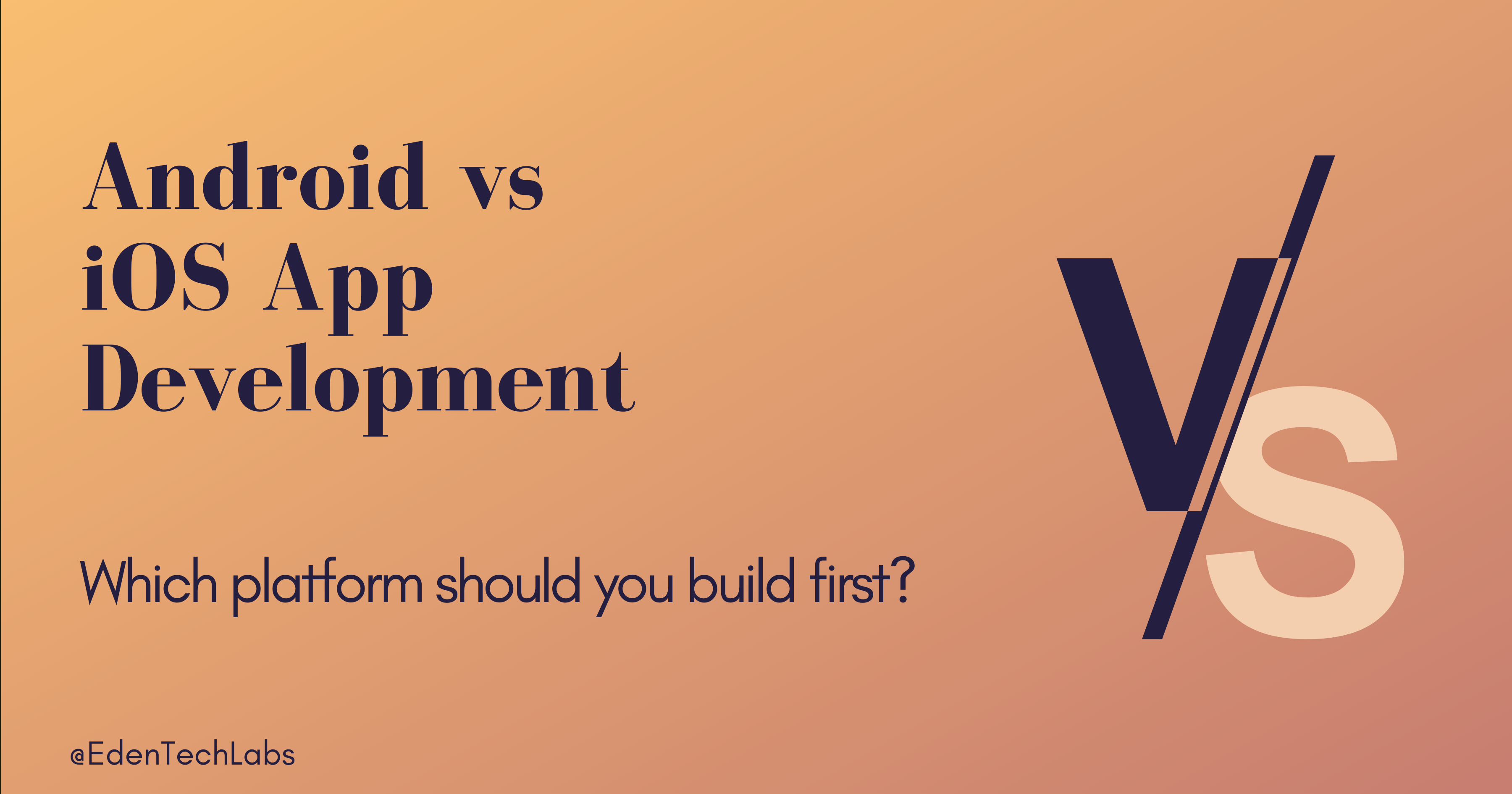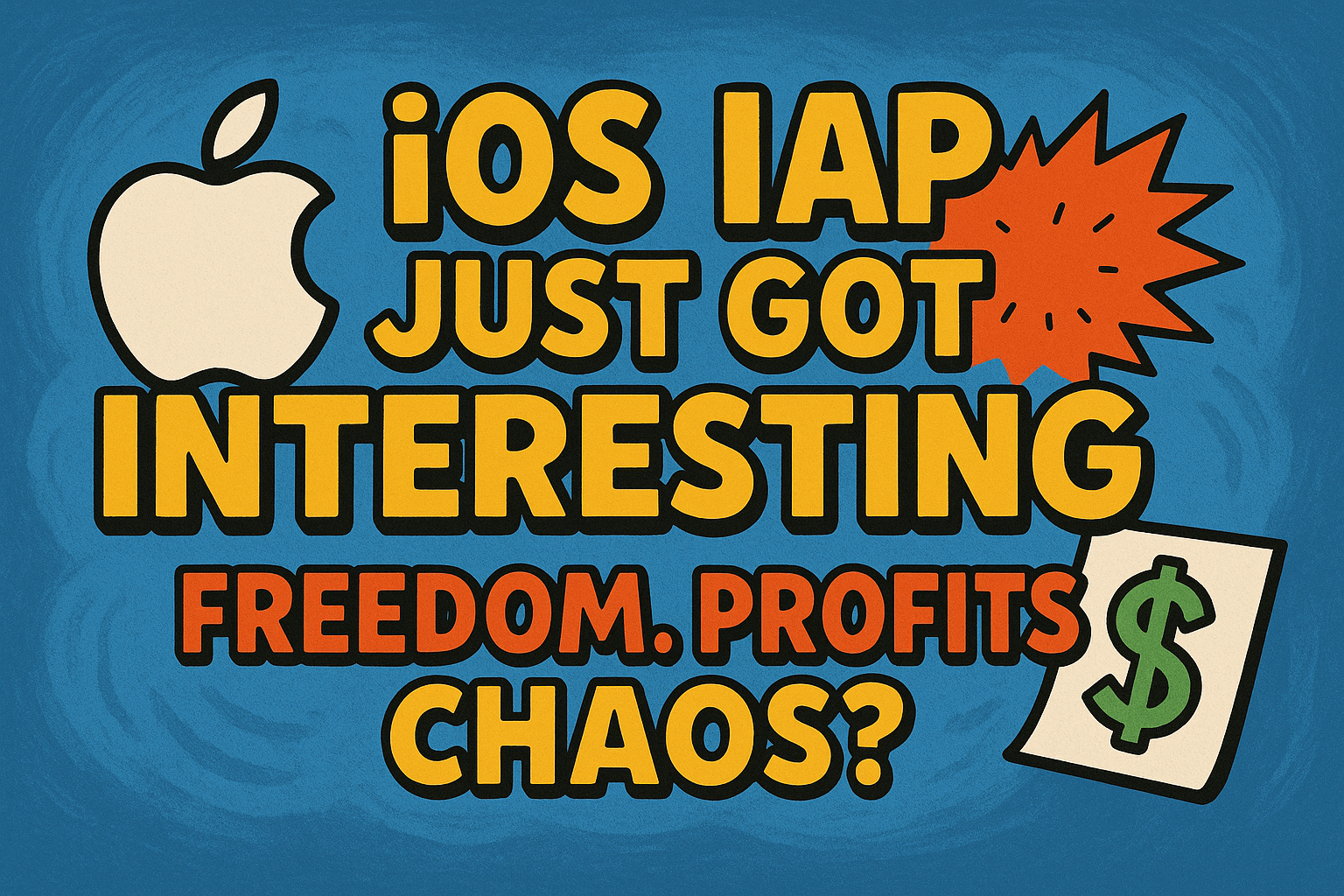Most people nowadays have a smartphone which they use daily. However, the population is diversified and distributed across different platforms. Two of the leading platforms upon the mobile devices of the people around the world are Android and iOS.
So, when you’ve decided to develop an app, you have to carefully choose the platform. That’s a big step towards its success, but also a difficult task. There are factors which you have to consider before developing an app. Considering them can help businesses predict which platform will offer the most success.
Factors to consider
Target audience
Certain areas are dominated by iOS, while others are majority Android users. The question is: where is your audience?
You must look into the geographical significance of each platform. Android has more presence in up-and-coming markets such as Latin America, Africa, and Asia.
On the other hand, Western Europe and North America are mainly comprised of Apple users. If you’re targeting a global audience, then Android may be the best option. However, if you’re launching an e-commerce or enterprise app, then iOS may be ideal.
Keep in mind, it’s not just a case of where in the world your users will be that defines your audience. iPhone users tend to spend more money on apps than Android users.
App development cost
Development cost plays a crucial role in the selection of the platform for application development.
There’s no denying that it is cheaper to develop an app for iOS. In fact, it can be 30-40% cheaper than building an app for Android. However, Android requires only a one-time fee of $25 for the ability to publish apps. On the other hand, iOS has a recurring annual cost of $99 for a standard account and $299 for an enterprise account. Most developers only need a standard account, as the more expensive option is for enterprise apps, which are not distributed on the app store.
Your development machine is also a big contributor to app costs. While almost any Apple computer can handle XCode and the Simulator due to the similarities and architecture of Mac and iOS devices, that is not the case with Android Studio. Our tests show that at least 16GB of RAM and a 4-core i7 CPU (or equivalent) are needed if you want to be productive when developing. Mac computers are much better suited for Android development, but the system requirements will require a higher end machine.
If you’re operating on a budget, it can be more beneficial to develop an app for iOS then move onto Android, instead of the other way around.
Popularity
iOS development is far more popular for beginner developers and therefore has a much more vibrant ecosystem of open source projects, which is very beneficial when you want to keep development time to a minimum. A lot of the problems you are going to face have already been solved by someone who is altruistic enough to make their solution open source for everyone to use. This is less present in the Android community.
Availability
A great factor is the availability on multiple devices. With the latest updates in iOS, iPadOS, tvOS, watchOS and MacOS Apple keeps closing the gap and making it even easier to distribute an app across the whole Apple ecosystem. Most users of Apple devices have more than one, which means that developers can provide a fuller experience for their users. This is the reason why many app companies choose to develop only for Apple devices. This is far less the case for Android devices. No device manufacturer has managed to create an ecosystem as rich and as powerful as Apple.
OS updates
Both iOS and Android release system updates at least once a year. Thus, consider that updating the iOS apps for the new OS release may take up to two weeks and impact your business strategy. As for Android, it will take several hours to publish the new app release.
Engagement
When choosing between iOS or Android app development, consider that it is more important to have higher amounts of users or fewer users that engage more frequently. This choice will depend hugely on how you’ll decide to monetise an app. Android has a broader audience in general, whereas iOS has more engaged users.
Android app development
Pros
- Open system – Android developers receive access to more features, restricted in iOS apps.
- Fragmentation – fragmentation might be seen as a disadvantage, but you can develop apps for a broader range of devices, including wearables, TVs, in-car systems, and more.
- Design – developers use extensive Google design guidelines for developing an intuitive user interface. Furthermore, there are many designed templates which you can use.
- Release – in comparison to iOS, Android apps are easier to publish to Google Play. The whole process may take just a few hours.
Cons
- Fragmentation – as we said, fragmentation may also be an Android drawback. Android devices come in different screen sizes, resolutions, etc. The development team might need more time to adjust the app’s features for particular devices.
- Testing – Android versions and devices might vary. Thus, it might take more time for QA specialists to test the app.
- Costly – The more time the development and testing stage takes, the higher will be the Android app price. Still, it depends on the app’s features and complexity. You also generally need a more powerful machine for Android development.
iOS app development
Pros
- Quality – iOS is specially designed for Apple devices only and hence, can leverage the features and mobile prospects efficiently and effectively.
- Revenue – As you already know, Apple users spend more money on app purchases compared to Android users.
- The number of devices – iOS powers Apple devices only. Because of this, your app should fit the limited number of screens and devices.
- Great stock UI – Apple provides developers with a detailed style guide for the app UI. The team needs less time, making it more affordable in the app design stage.
Cons
- Release – the App Store has quite strict review guidelines. This means that the App Store may reject your app due to security issues, a lack of valuable content, or poor performance. Besides, the developer should submit your app for real-life testing, which usually takes a few days.
- Flexibility – iOS apps are usually harder to customise because the platform has many restrictions.
Which platform is best for your business?
Android and iOS apps have different purposes and bring different values to the users. So, the root of all of your decisions needs to come from a business perspective. Which platform provides you with the most budget-friendly, right features, and a better experience for your potential customers?
Ultimately, there’s no right or wrong answer. But, it may be easier to start out on one platform rather than choosing a cross-platform build. Once you decide, be sure to hire an app developer that specialises in your chosen platform.
However, we believe that it’s better to choose iOS app development in the following cases:
- You want to generate higher revenue per user;
- You want a less complicated development process;
- Your priorities are user data security and privacy.
At the same time, Android would be the best choice:
- If you want to reach a wider audience;
- If you don’t want to wait to get the app to the store;
- if You want to customise the app.


